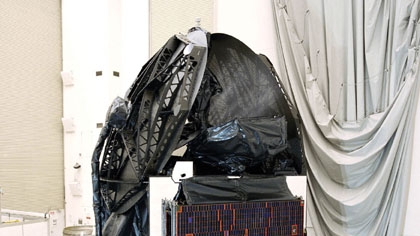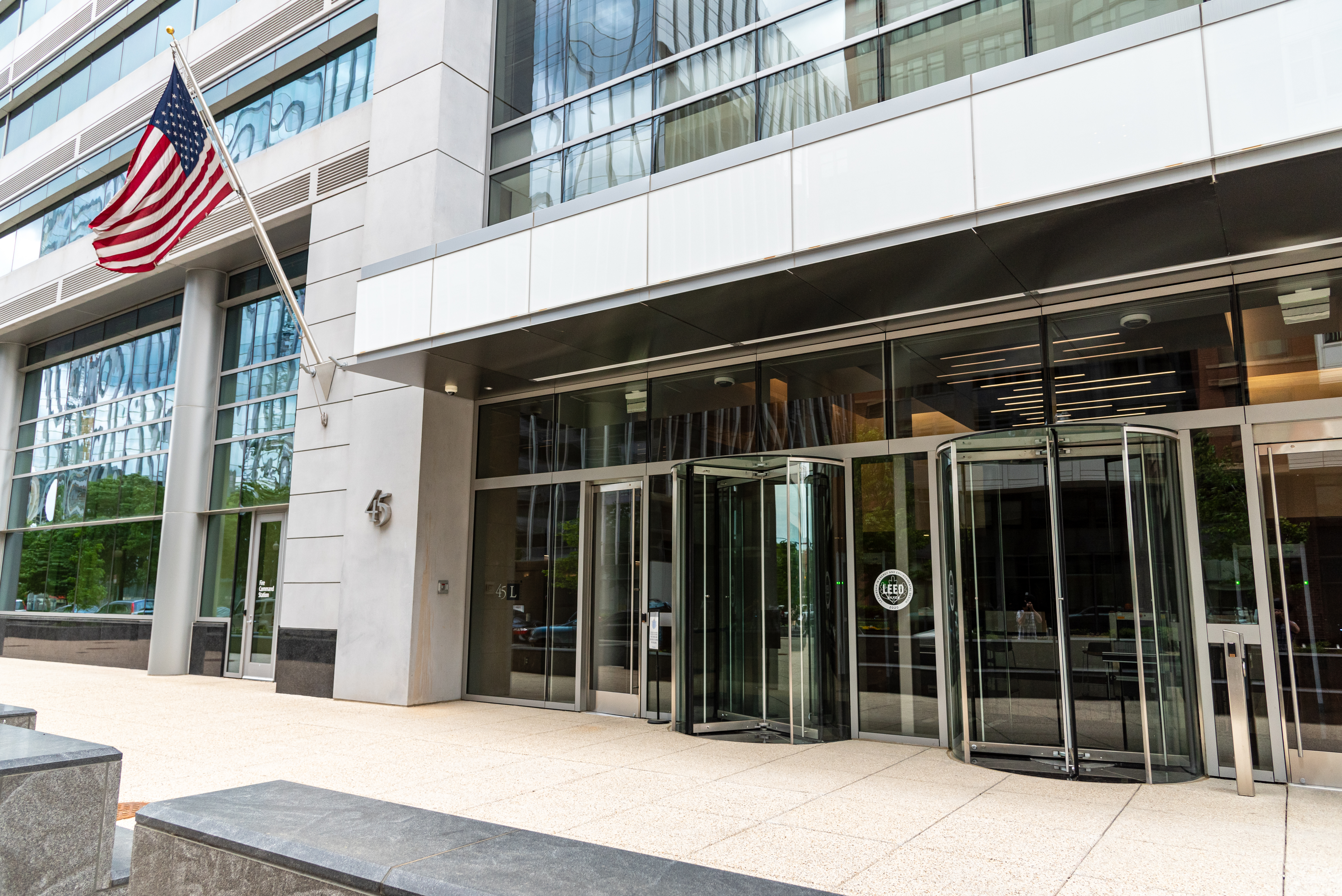County attempts satellite tax

Satellites are no different from any other taxable movable personal property.
Los Angeles County Tax Assessor, Rick Auerbach recently planned to impose property taxes on as many as eight satellites owned by Hughes Electronics in El Segundo — Los Angeles County, CA. Fortunately the County Board of Equalization, which imposes county taxes, ruled to outlaw levies on spacecraft.
Attorneys for the state Board of Equalization, consulted by Auerbach, came down on the county assessor's side, saying in a background paper; “While the satellites are in Earth orbit, they nonetheless have a status for tax purposes in Los Angeles County” although the satellites never pass over California territory.
The issue of taxing the spacecraft first came up during a regular quadrennial audit of companies owning $300,000 or more in asset properties. During the audit it was discovered that Hughes showed the satellites on their books. According to Auerbach, the satellites are no different from any other movable personal property that he has authority to tax, i.e. boats, construction equipment etc.
Geosynchronous satellites remain fixed in orbit, with occasional correction, for about 10 to 15 years or until they run out of the fuel necessary to adjust their positions, after which they are moved to a designated space graveyard and replaced by newer and more functional birds.
Satellites are, after all, valuable bits of property, worth hundreds of millions of dollars each. The LA County Assessor views them as viable sources of revenue that will bring millions of dollars annually into the County's tax coffers.
Hughes expectedly bristled at the idea of a satellite tax. “Part of the philosophy of property tax, be it county or state, is to provide services in return for the monies collected, like fire and police protection and safety, and opportunities for growth,” said George Jamison, vice president of Corporate Communications for Hughes Electronic.
Get the TV Tech Newsletter
The professional video industry's #1 source for news, trends and product and tech information. Sign up below.
Had Auerbach been successful, the effects would have been felt through the satellite industry. Barbara Lamont, president of Network Teleports said, “The FCC has ruled, definably, that 22,300 feet and up is out of local jurisdiction. We have offices all over the world.” If anyone is successful in a like action it could, according to Lamont, “… bring the entire communications industry onto its knees and subject to local jurisdictions everywhere.”
The satellite industry is somewhat skeptical of anything like this action ever getting off the ground. Morgan Broman, director of Public Relations at Lockheed Martin Global Telecommunications says he doesn't see how the County (Los Angeles) could make any money after backing out the launch and building costs of the satellites. “It doesn't seem logical to me to consider something 22,300 miles away, local.”
“The three key issues associated with taxation are opportunities, benefits and protection,” Jamison observed, “and the County of Los Angeles will never be able to provide one of these causation, much less all three.”
This is not the first attempt at satellite taxation: The city of Virginia Beach, VA, was unsuccessful in January of this year and ordered to refund $480,000 to Fox network, which now owns “The Family Channel.” The city stopped taxing the three transponders, valued at approximately $12 million, in 1999, after The Family Channel was bought by Fox and moved to California. Fox had initially asked for $630,000 — all taxes collected from 1993 to 1998 — but the judge said Fox could go back only to 1995. The spacecraft in question was launched in 1992.
“Transponders are not cars or ships or airplanes, which are covered by Virginia tax law,” said the judge in his decision. “No state law mentions transponders in space. It appears to me that the city's effort to tax these items comes through analogy and implication. The city can't tax by analogy and implication. It must come from clear and specific authority.”
Send questions and comments to:larry_bloomfield@intertec.com
